As you have probably noticed by now, I like social media. I feel that it has a great power to connect and reveal, as well as make the too-distant world a smaller and more interesting place.
Since I have the vast fortune of being in a position that allows me to craft and mold young, impressionable minds, I utilize this belief within my classroom. One of my favorite assignments in my acting class (and, based on previous experience, one of my students’ favorite assignment as well) is a character analysis assignment I give them focused upon social media. And because I think social media makes the world a better place, I’m going to take the time to share this with you so that you can be jealous that your acting teacher never assigned it, or (perhaps) use it for your acting classes (…if you do, please credit me).
I execute this assignment after I have already had the students choose monologues and read their plays. After a few more traditional character development exercises, I give them a chance to sit for ten minutes in class and create a social media feed from the perspective of their character depicting the events of their play. They are free to use any social media they prefer (twitter, instagram, facebook, etc.), and they are encouraged to develop this in as much detail as possible using the strengths of that platform (personal details via facebook, creating twitter handles, hashtags, etc.). Importantly: they are not required to actually develop the feed, just create some notes about it. This assignment can be done on a piece of paper, or on a computer. I have students sit with their notebooks and draw pictures, I have others who actually generate a twitter handle on the fly and form a feed that way.
Then, I give them a take-home portion. For five points of extra credit on their midterm, they are given the option to participate in this assignment:
Midterm Extra Credit Assignment: Social Media
We can learn a great deal from what a person choses to share about himself via a public forum; especially when that person is experiencing a life-changing event.
Create a twitter account for your character. The handle should be either akin to the character’s name, or something the character himself would use. Set up an appropriate profile picture, header picture, and header text. Now use that account to tweet in the persona of your character.
You must update the feed several times a week over the course of the next few weeks; at least five tweets a week, but more is encouraged; until your final midterm monologue presentation. Updates should be in character and reference events in the play, other characters in the play, etc. You may comment upon actual goings-on in the real-world news if you feel that it is/would be valid and important to your character.
The richer your feed, the more points you will be awarded. To enrich your feed, include: links, retweets, pictures, hash tags, begin to follow people, etc.
For a few example feeds see: @HomerJSimpson (Homer Simpson, The Simpsons), @Broslife (Barney Stinson, How I Met your Mother), @KurtHummelGLEE (Kurt Hummel, Glee).
If you choose to participate in this assignment you must: Follow me on twitter from your new account (@drosvally). Once I follow you back, you will be able to send me a DM from the twitter handle with your (real) name and a note that you will be participating in this assignment. To send a DM, go to your page (twitter.com/[yourhandle]) and click on the envelope icon underneath your header picture. Click “new message”.
Since the midterm is coming up quick, the window for this assignment is small. If you intend to participate, you must declare that to me AND begin tweeting by WHATEVER DATE.
I, once again, can’t wait to see what my students come up with. I’m sure it will be both amusing and amazing.

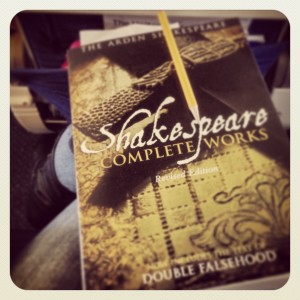
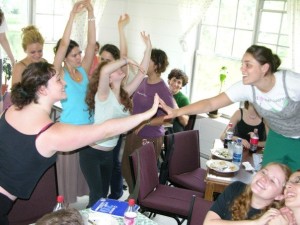
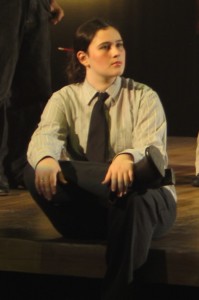
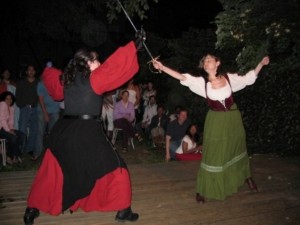

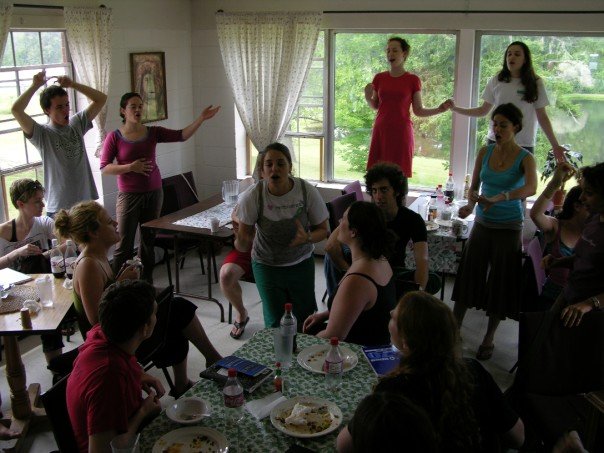
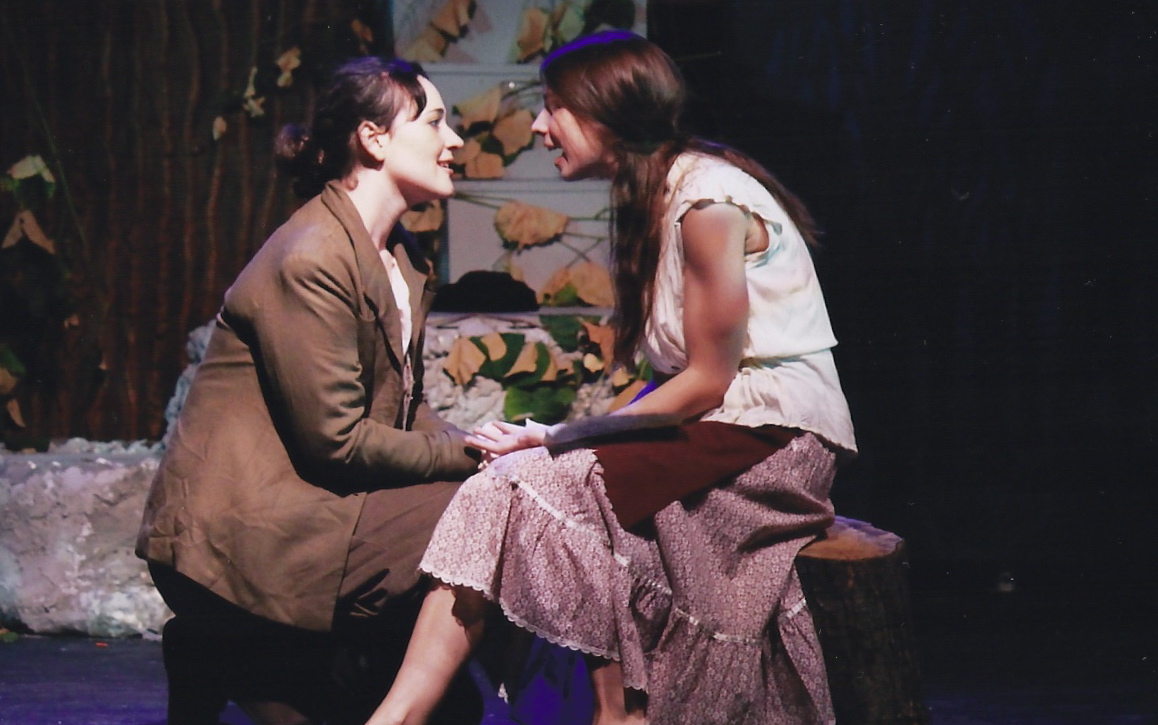

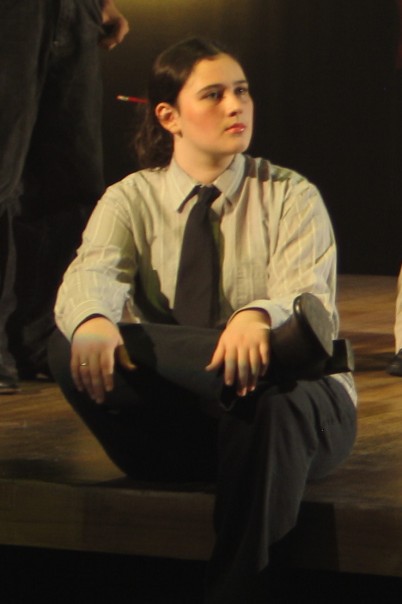


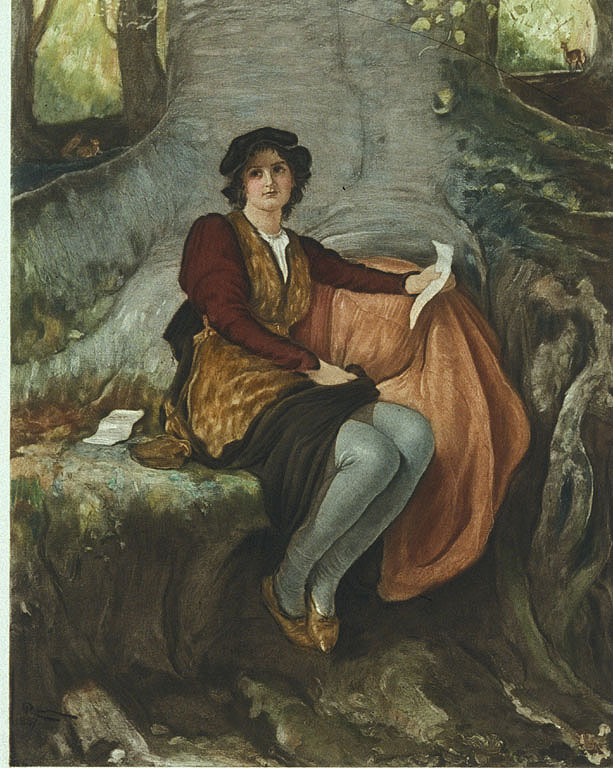

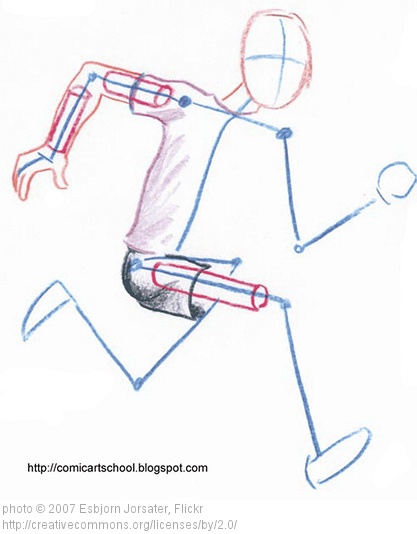 the gym, a great way to kick one’s own buttocks, and a great way to sleep better at night. In an effort to push my cardio to the next level, I started
the gym, a great way to kick one’s own buttocks, and a great way to sleep better at night. In an effort to push my cardio to the next level, I started 

